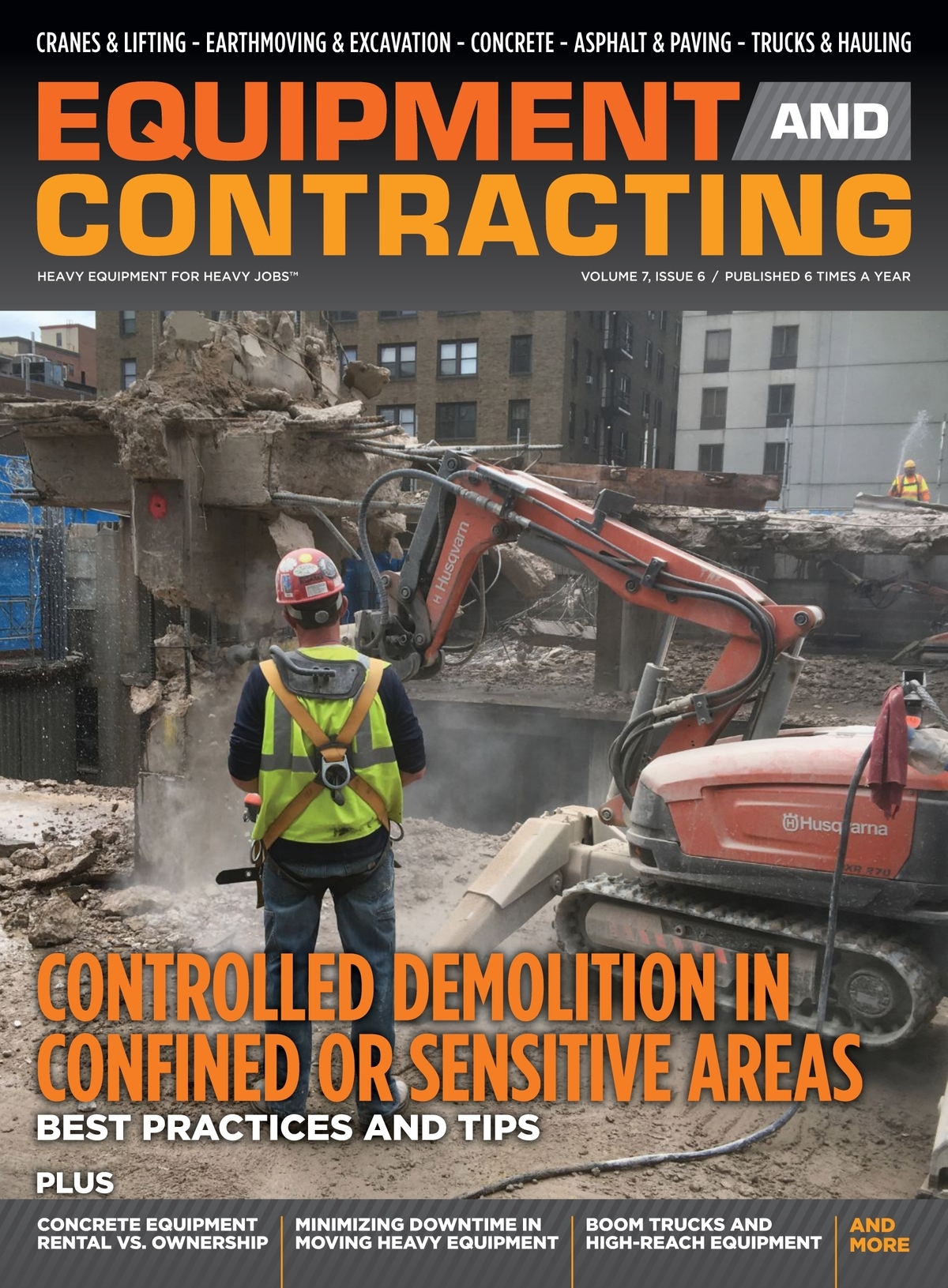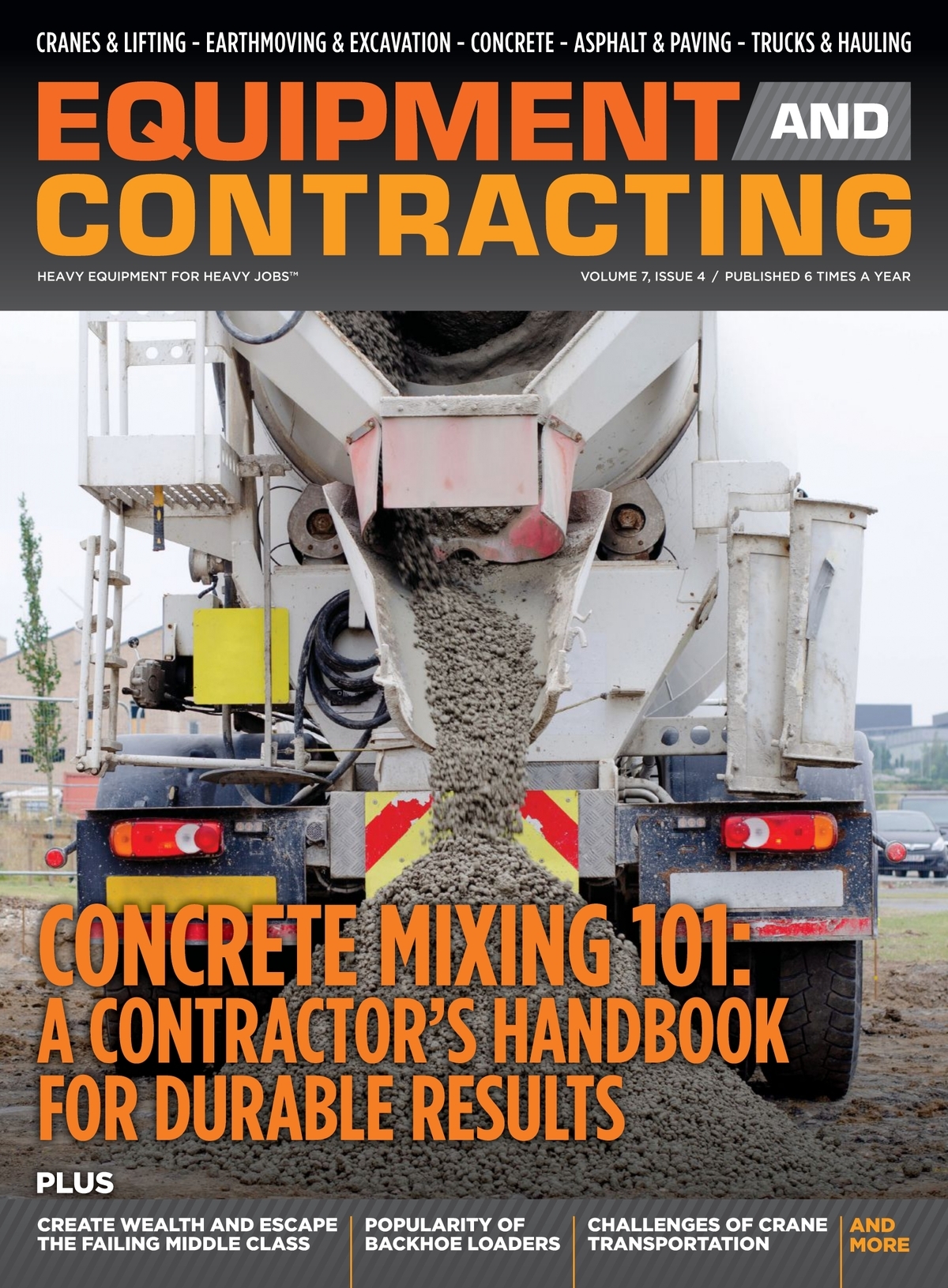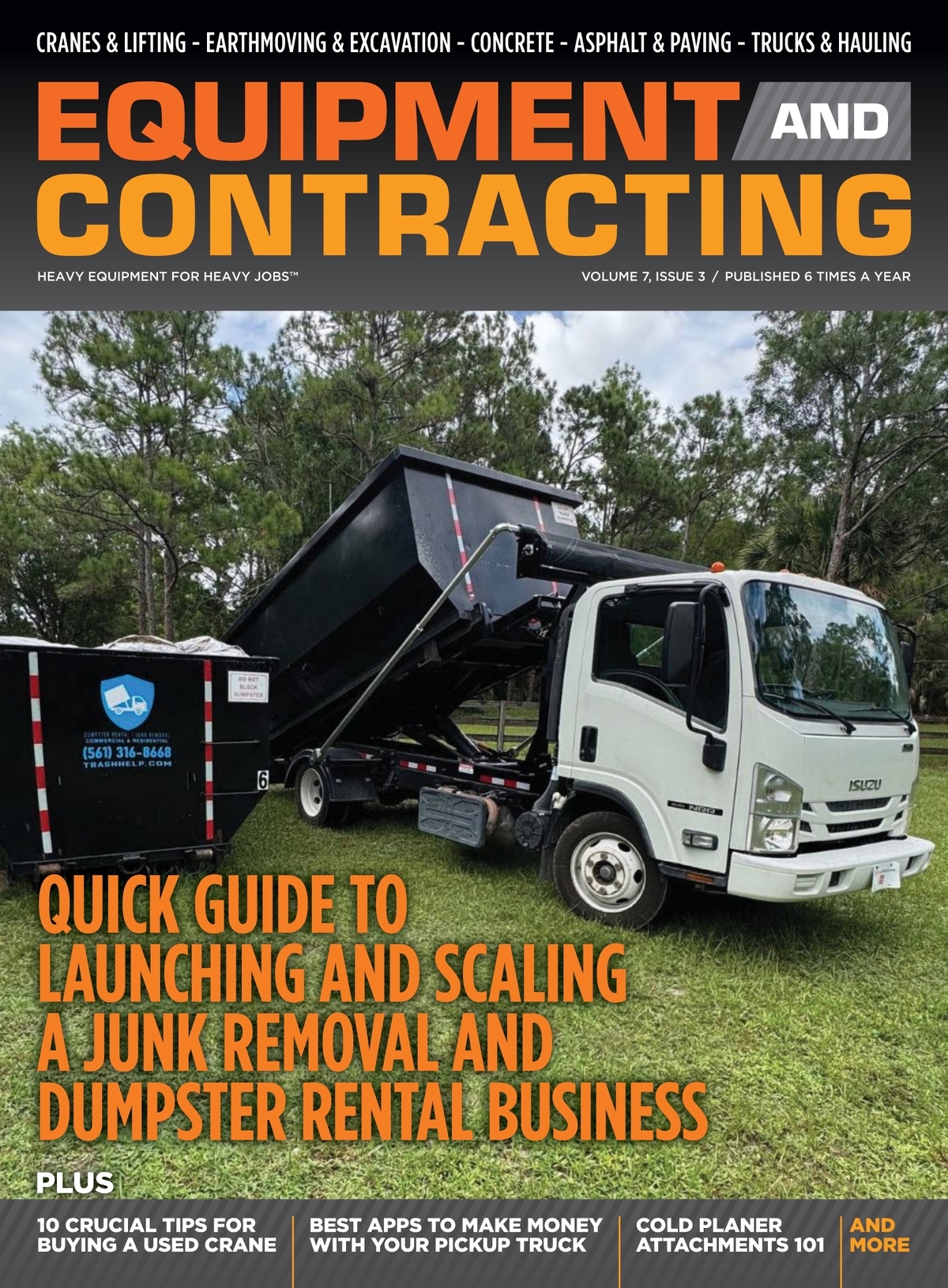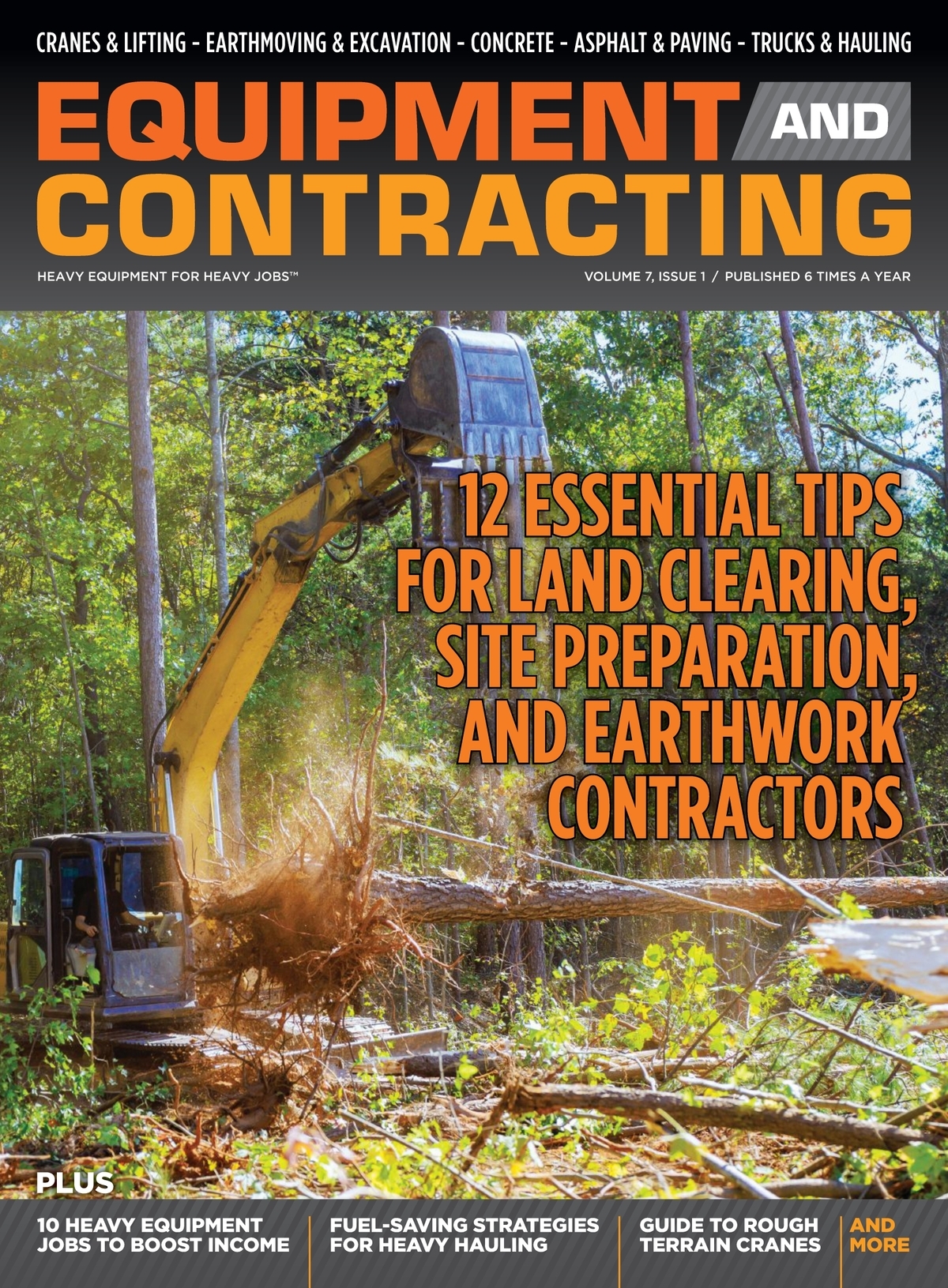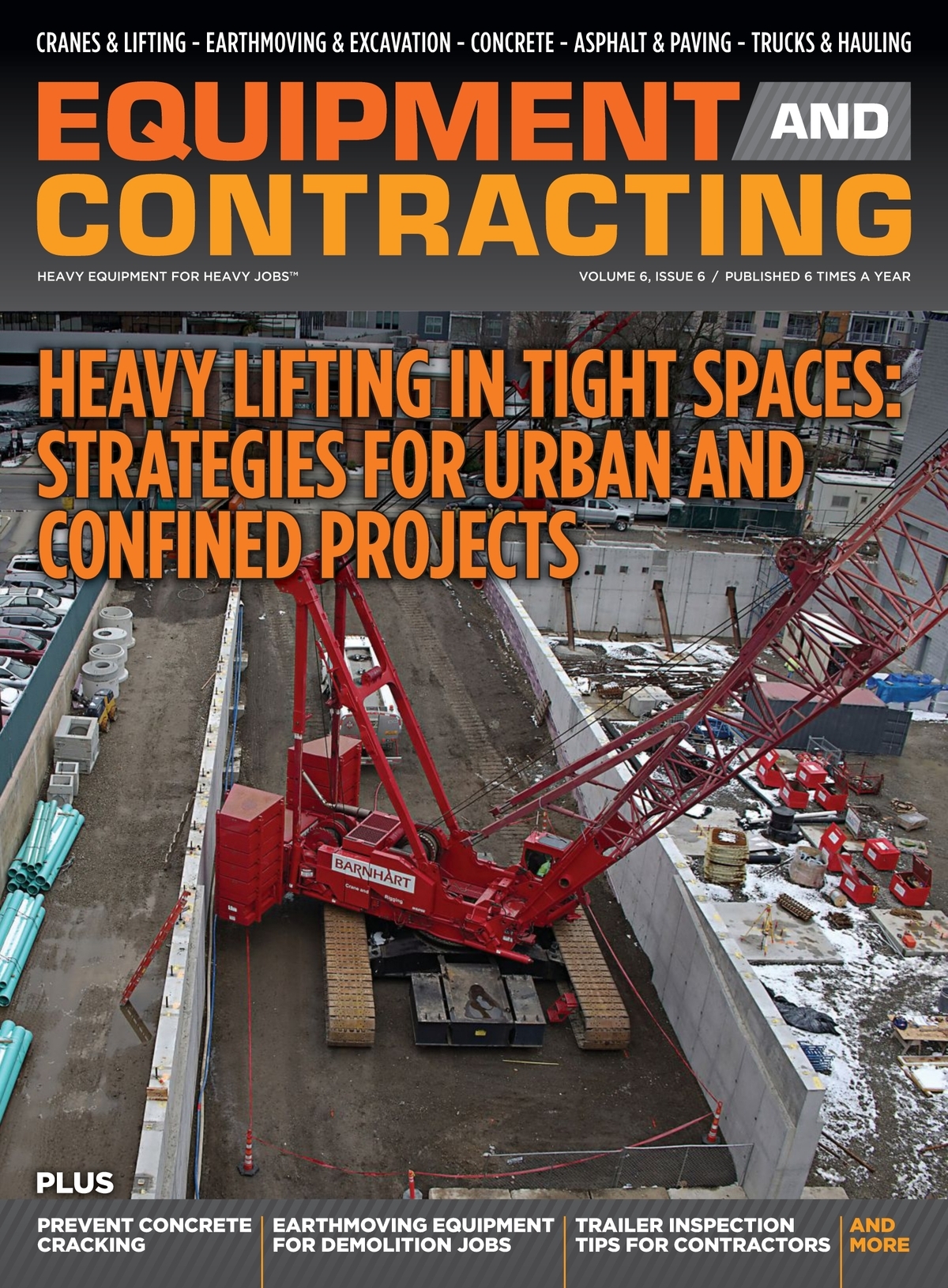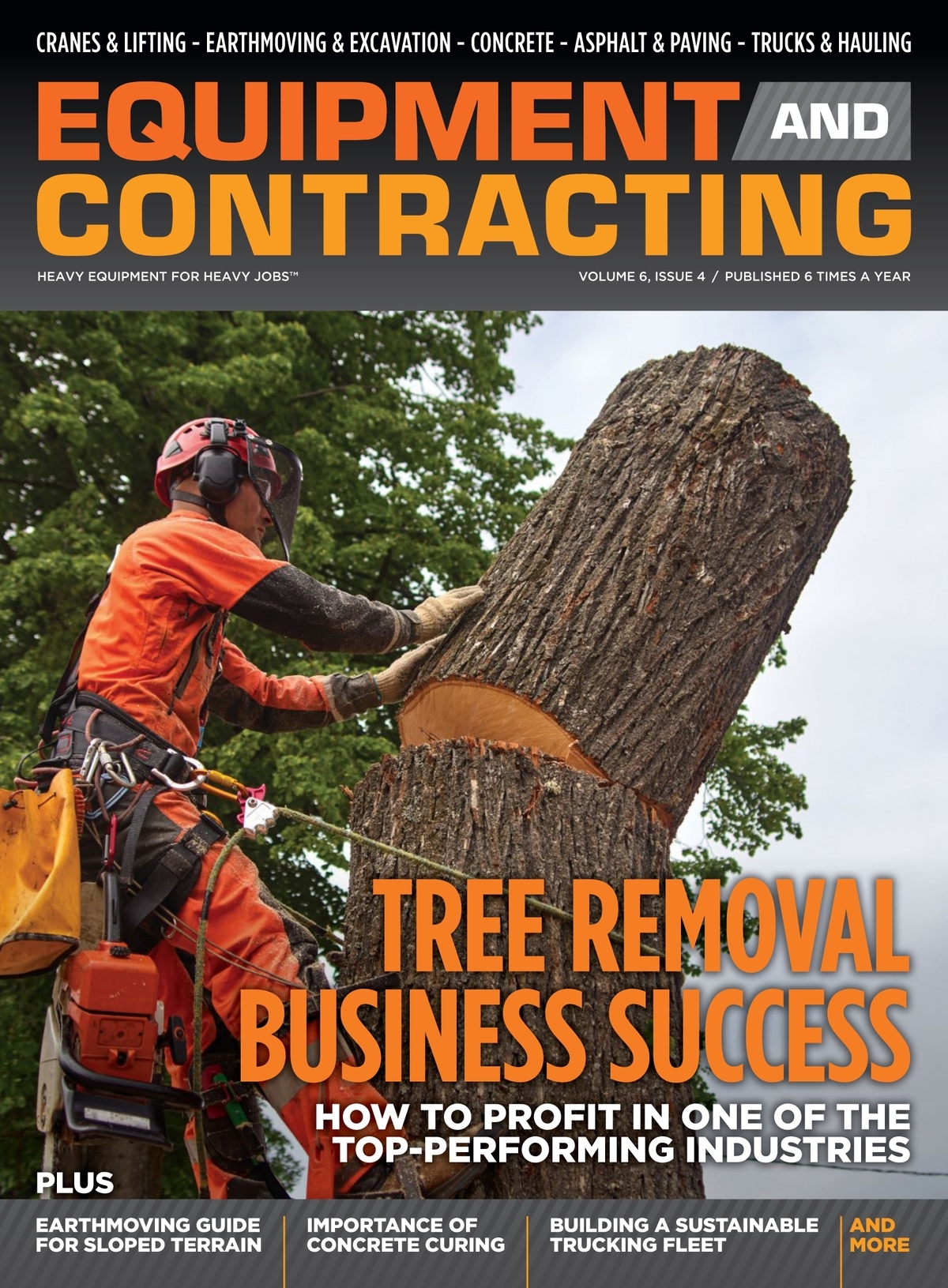
View the complete article here.
Choosing the right heavy-duty truck can make or break the success of your hauling operations. Whether you’re transporting heavy machinery, construction materials, or oversized loads—having the appropriate truck ensures efficiency, safety, and cost-effectiveness.
Assess Your Hauling Needs
Before diving into truck specifications, start by identifying your specific hauling requirements:
- Load type and weight: What materials or equipment will you transport? Calculate the typical load weight to determine the required Gross Vehicle Weight Rating (GVWR).
- Distance and terrain: Consider the average haul distance and road conditions. Will you be traveling on highways, rural roads, or off-road sites? This impacts engine power and suspension needs.
- Special requirements: Some loads may need specialized equipment like flatbeds, dump bodies, or refrigerated units.
Understanding these details will help you narrow down the options and avoid purchasing a truck that doesn’t meet your needs.
Choose the Right Truck Class
Heavy-duty trucks are categorized into different classes based on their GVWR:
- Class 7 (GVWR 26,001-33,000 lbs): Suitable for medium-duty hauling tasks, such as transporting smaller construction equipment or building materials.
- Class 8 (GVWR 33,001 lbs and above): These trucks are designed for the heaviest loads and long-distance hauls. They include dump trucks, cement mixers, and tractor-trailers.
Select a class that aligns with the maximum load you plan to transport regularly, allowing for some flexibility for heavier loads.
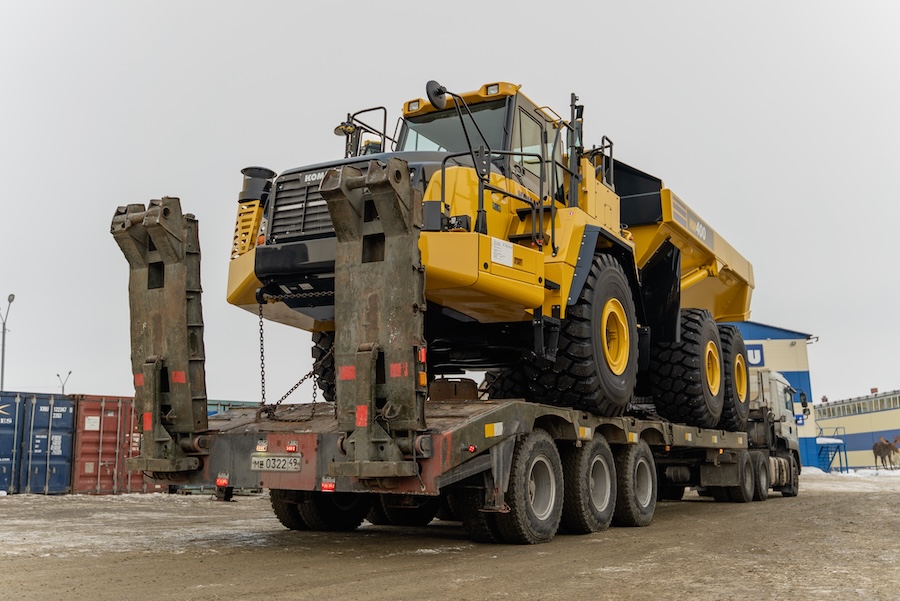
Engine and Powertrain Considerations
The engine is the heart of any heavy-duty truck, and selecting the right one is crucial:
- Diesel vs. gasoline: Diesel engines are the industry standard for heavy-duty trucks due to their superior torque, durability, and fuel efficiency. However, gasoline engines may be more cost-effective for lighter loads and shorter hauls.
- Horsepower and torque: Higher horsepower and torque ratings are essential for heavy loads and challenging terrain. Consider the truck’s towing capacity and the typical load weight when evaluating engine specifications.
- Transmission type: Automatic transmissions are becoming more common due to ease of use and driver comfort, while manual transmissions may offer more control and slightly better fuel efficiency for experienced drivers.
Body Type and Configurations
The truck’s body type plays a critical role in its functionality:
- Flatbed trucks: Ideal for transporting oversized loads, such as construction equipment or large building materials.
- Dump trucks: Best for hauling loose materials like gravel, sand, or demolition debris.
- Box trucks: Enclosed bodies are suitable for transporting sensitive or weather-sensitive materials.
- Tow trucks: Equipped for hauling disabled vehicles or machinery on construction sites.
Choosing the right body type based on your common hauls will ensure the truck meets your operational needs.
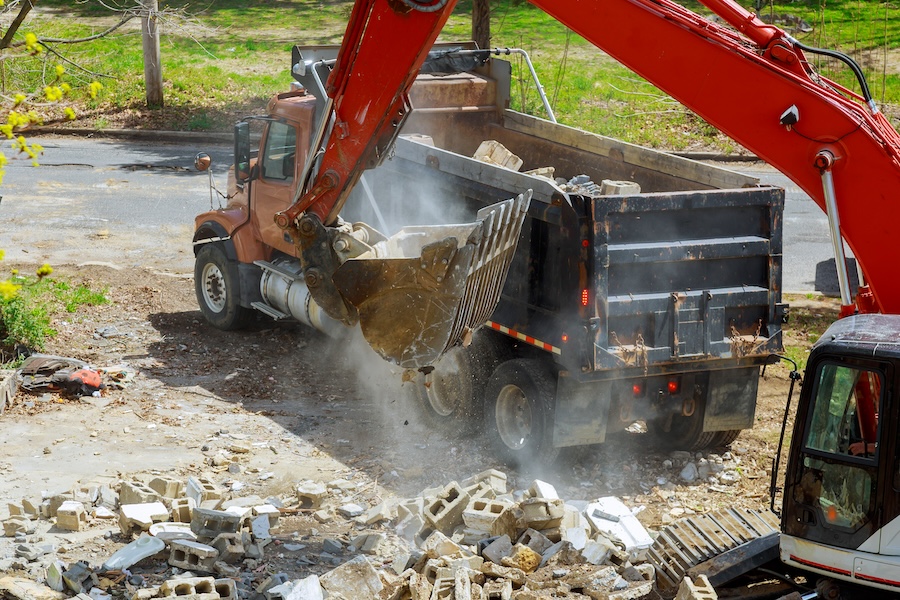
Evaluate Fuel Efficiency and Operating Costs
Heavy-duty trucks are significant investments, and operating costs can add up quickly:
- Fuel economy: While diesel engines are typically more fuel-efficient, consider the rising popularity of electric and hybrid models for lower emissions and long-term savings.
- Maintenance costs: Research the average maintenance costs of different truck models. Some brands offer better durability and lower repair costs over time.
- Resale value: Look into the resale market for heavy-duty trucks. Certain models and brands hold their value better, offering a better return on investment when it’s time to upgrade.
Check Safety Features and Compliance
Safety is a top priority in trucking, especially for heavy-duty vehicles:
- Braking systems: Ensure the truck has advanced braking systems like air brakes and anti-lock braking systems (ABS) to handle heavy loads safely.
- Collision avoidance systems: Newer models often come equipped with collision mitigation technology, lane departure warnings, and adaptive cruise control to enhance driver safety.
- Compliance with emissions standards: Verify that the truck meets the latest emissions regulations, especially if operating in areas with strict environmental requirements.
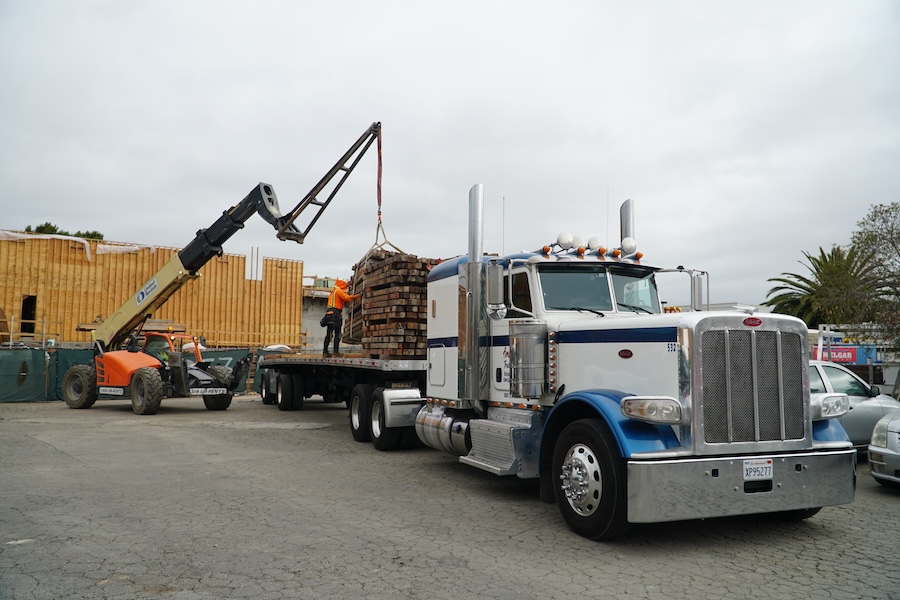
Consider Leasing vs. Buying
When deciding whether to lease or buy a heavy-duty truck, weigh the pros and cons:
- Leasing: Offers lower upfront costs and flexible terms, making it ideal if you need a temporary or seasonal truck. However, leasing may limit customization options.
- Buying: Higher initial investment but allows complete ownership and customization. It’s a better option if you plan to use the truck for many years.
Get Feedback and Perform Test Drives
Before finalizing your purchase, consult with your drivers and test the truck yourself:
- Driver comfort: Long hauls can be taxing—so ensure the cab has ergonomic seating, sufficient legroom, and a comfortable driving position.
- Test drive: Take the truck for a test drive—focusing on handling, braking, and acceleration under different load conditions. This helps gauge its performance and suitability for your needs.
View the complete article here.
What is the best engine type for heavy-duty trucks?
Diesel engines are preferred for their superior torque, durability, and fuel efficiency, especially for heavy loads. Should I lease or buy a heavy-duty truck?
Leasing is ideal for temporary or seasonal needs, while buying is better for long-term use and customization.

